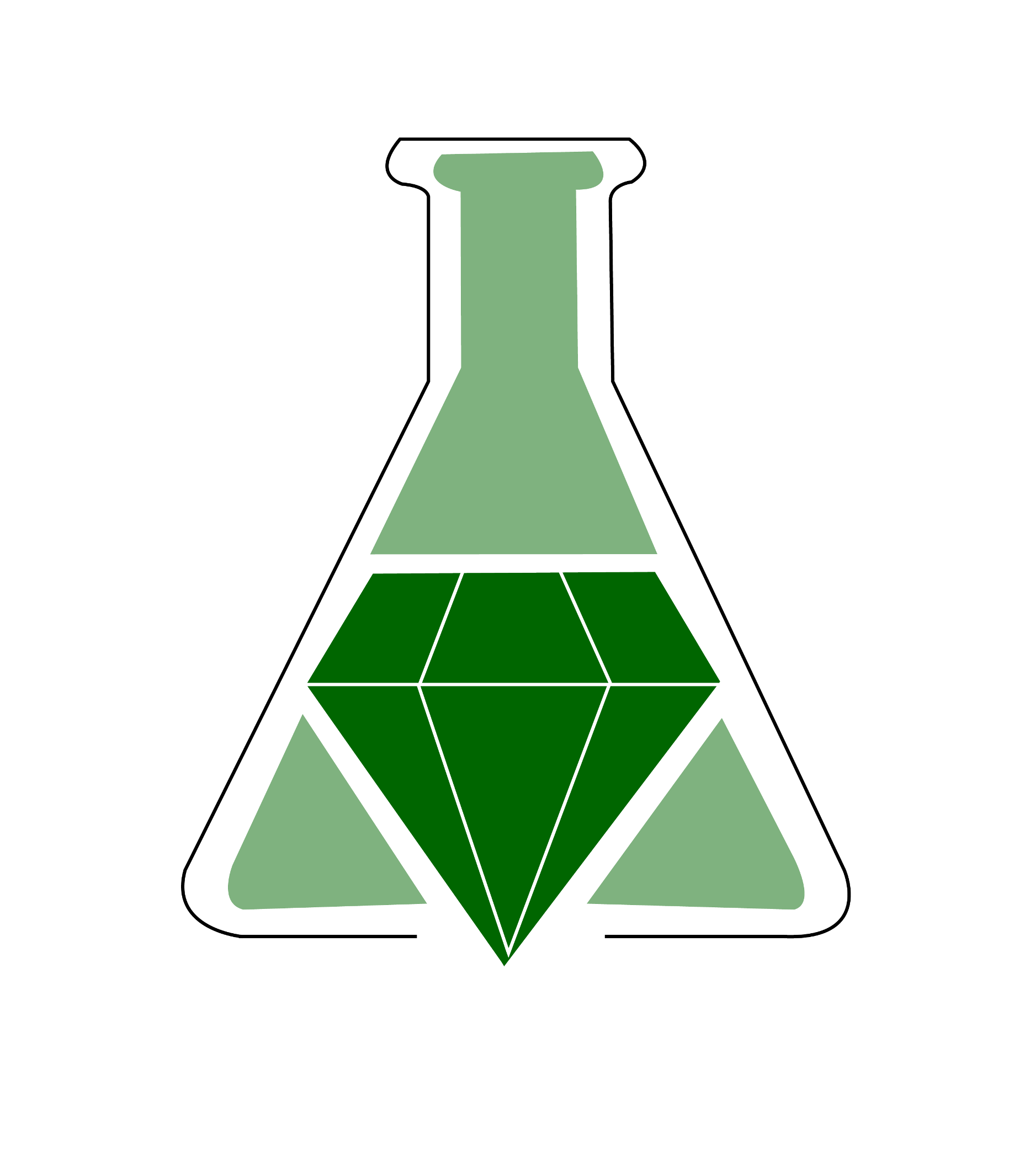Developing and Disseminating NOP: An Online, Open-Access, Organic Chemistry Teaching Resource To Integrate Sustainability Concepts in the Laboratory

Summary
In order to instill an increased awareness of sustainability issues in future generations of scientists, the concepts and content of science courses must be changed. While important chemical concepts must be preserved, outdated, dangerous, and wasteful chemistry should be replaced by current, more sustainable alternatives. With these beliefs in mind, six German universities combined forces and created an online collection of organic chemistry lab experiments centered on the idea of sustainability. The German title "Nachhaltigkeit im Organisch-chemischen Praktikum" (NOP) can be translated to "Sustainability in the Organic Chemistry Laboratory Course."
The NOP website (https://www.oc-praktikum.de/nop/) not only provides the procedures of over 75 organic chemistry experiments, but it also supplies toxicity data, alternative reaction procedures, spectroscopic data, and some information about energy efficiency. The database allows an educator to browse the entire database or search by title, reaction type, technique, and difficulty level.
In the supplementary information, the authors have provided suggestions for incorporating the NOP materials into course curricula. Examples range from using toxicological data for an environmental chemistry course to choosing an experiment and letting the students optimize the reaction by altering reaction conditions.
Material is available in three languages (German, English, and Italian).
Summary prepared for the original GEMs database October 2008 by Douglas M. Young at the University of Oregon.
Developing and Disseminating NOP: An Online, Open-Access, Organic Chemistry Teaching Resource To Integrate Sustainability Concepts in the Laboratory
Marco Eissen, Müfit Bahadir, Burkhard König, and Johannes Ranke
Journal of Chemical Education 2008 85 (7), 1000
DOI: 10.1021/ed085p1000
The NOP website (https://www.oc-praktikum.de/nop/) not only provides the procedures of over 75 organic chemistry experiments, but it also supplies toxicity data, alternative reaction procedures, spectroscopic data, and some information about energy efficiency. The database allows an educator to browse the entire database or search by title, reaction type, technique, and difficulty level.
In the supplementary information, the authors have provided suggestions for incorporating the NOP materials into course curricula. Examples range from using toxicological data for an environmental chemistry course to choosing an experiment and letting the students optimize the reaction by altering reaction conditions.
Material is available in three languages (German, English, and Italian).
Summary prepared for the original GEMs database October 2008 by Douglas M. Young at the University of Oregon.
Developing and Disseminating NOP: An Online, Open-Access, Organic Chemistry Teaching Resource To Integrate Sustainability Concepts in the Laboratory
Marco Eissen, Müfit Bahadir, Burkhard König, and Johannes Ranke
Journal of Chemical Education 2008 85 (7), 1000
DOI: 10.1021/ed085p1000
Safety Precautions, Hazards, and Risk Assessment
See published journal article.
Link to external
